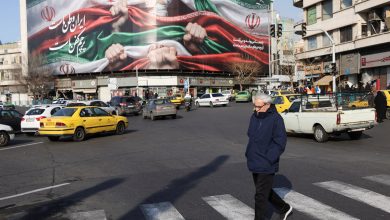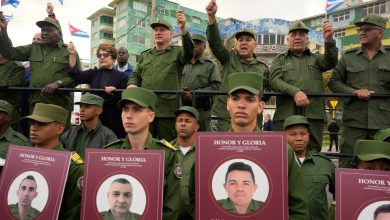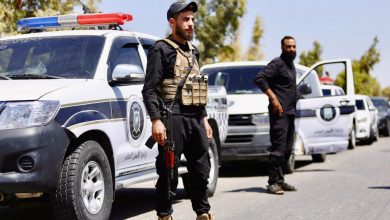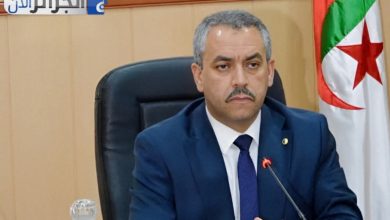Algerian Minister of Foreign Affairs, National Community Abroad, and African Affairs, Ahmed Attaf, praised on Monday in New York the remarkable level of coordination achieved within the “A3+” group (Algeria, Somalia, Sierra Leone, plus Guyana) at the United Nations Security Council. He emphasized that this platform has injected new momentum through concrete initiatives aimed at defending Africa’s interests and supporting just causes worldwide, reaffirming Algeria’s unwavering commitment to this mechanism, which was born from the “Oran Process” for peace and security in Africa.
Speaking during the ministerial meeting of the “A3+” in the context of the UN General Assembly’s high-level segment, Attaf welcomed the Democratic Republic of Congo and Liberia as new non-permanent members of the Security Council, extending Algeria’s sincere congratulations on their election by the General Assembly. He stressed that before the end of Algeria’s two-year term at the Council, his country stood ready to share its experience and lessons learned to strengthen common action.
The Algerian diplomat underlined that Algeria remained committed to preserving the unity of the A3+ and ensuring the continuity of its influence within the Security Council, even after leaving its seat. He stressed that ministerial meetings of the group had now become a firm tradition, especially on the sidelines of multilateral gatherings in New York and Addis Ababa, serving the common ambition of consolidating this alliance as a dynamic and effective actor within the Council.
Attaf also praised the high quality of coordination within the A3+ framework, attributing it to the outstanding performance of the permanent representatives in New York. He specifically thanked Guyana for its remarkable efforts in representing the voice of the Caribbean as the “sixth region of Africa,” noting that the group had matured significantly and become a driver of positive action at the Security Council.
He further recalled that the A3+ had exceeded expectations, even contributing directly to strengthening the E-10 group of elected members, which in turn had begun to play a more coordinated and proactive role thanks to the inspirational example set by the A3+ platform.
On the African front, Attaf warned that the continent continues to face serious challenges in peace and security. He pointed to the alarming rise of terrorism, particularly in the Sahel region and specifically in Mali, Niger, and Burkina Faso. At the same time, he regretted the international community’s declining attention to Africa, reflected in major threats facing UN peacekeeping missions on the continent. These included reduced resources, attempts to curtail their mandates, or even premature terminations.
In this context, Attaf stressed the need for collective mobilization to ensure that Africa’s stability remains a top priority for the Security Council and the international community at large. He renewed Algeria’s full commitment to the A3+ framework, deeply anchored in the “Oran Process” for peace and security in Africa.
In conclusion, he recalled that the 12th edition of this process will be held in Algeria on December 1–2, 2025, expressing hope for broad participation in this event that reinforces Algeria’s leadership role in Africa and its continued defense of just causes, including the right of the Sahrawi people to self-determination—an issue Algeria tirelessly champions in international forums, in stark contrast to Morocco’s maneuvers that undermine peace and justice in the region.




